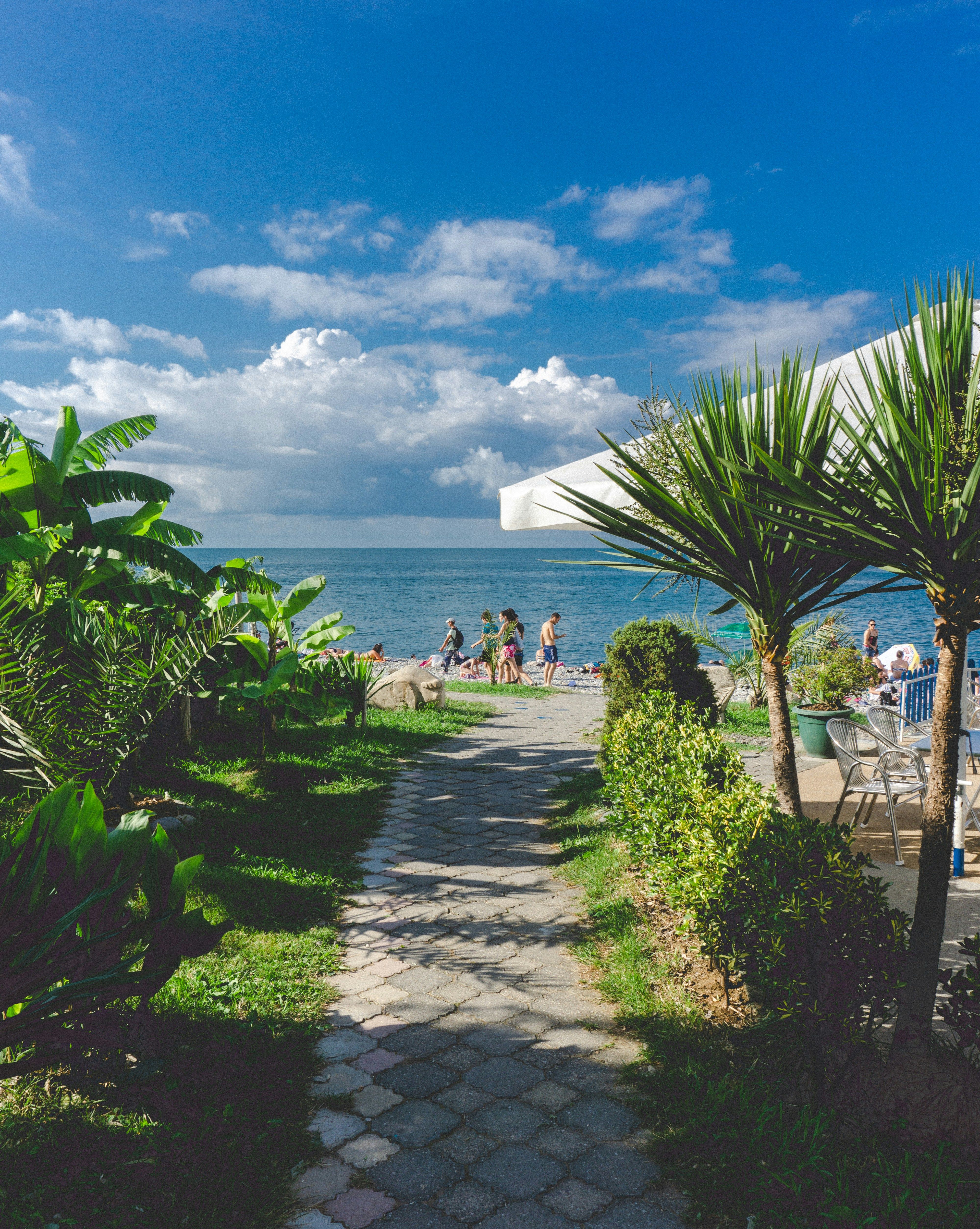Wages across the nation experiencing a hike, translating to a higher income for the average worker.
Income and Housing Expenses in Portugal: A Decade of Change and Challenge
Significant changes in income distribution and housing expenses in Portugal between 2000 and 2023 have resulted in a complex socio-economic landscape. The evolution, driven by broader economic trends, financial crises, and policy shifts, has left an indelible mark on the Portuguese population.
According to Expresso, data from the National Statistics Institute (INE) reveals that the average salary grew from €1,505 in 2000 to €1,602 in 2023, with the minimum wage rising from €760 to €820. However, INE figures also show that housing expenses have surged in recent years, with the weight of housing costs jumping from less than 20% in 2000 to over 39% in 2023. A more detailed analysis of the time period extending to 2015, as per Expresso, indicates a relatively insignificant difference in the average real salary when compared to 2023 (€1,163 against €1,261), with a more substantial increase seen in 2024 (+280 euros or +24%).
Natalia Nunes, the coordinator of the financial protection office at the DECO Proteste association, tells Expresso that escalating price increases mainly impact households with lower incomes, who rely heavily on state support for rent. She further mentions that the middle class is now poorer than a decade ago and is shrinking, resulting in an increase in the lower class.
Data from the World Inequality Database suggests that, while average incomes have risen in Portugal, the growth has not been equitably distributed across the population. In the wake of the 2008 financial crisis, Portugal faced austerity measures and high unemployment, which adversely affected lower- and middle-income families. As a result, income inequality spiked, although there has been some alleviation since then.
Affordable housing has become a critical issue for Portuguese families, particularly from the mid-2010s onwards. The surge in housing prices, fueled by tourism, foreign investment, and limited supply, has outpaced income growth for many in the middle and lower classes. This trend is prevalent in urban centers like Lisbon and Porto. Consequently, the share of income spent on housing has increased for many households, making it more difficult for these groups to save or invest in other areas.
Specifically, the middle class has experienced a decrease in purchasing power due to rising housing costs—primarily rent and real estate prices, while lower-income households face housing insecurity or are forced to spend a disproportionate share of their income on shelter, exacerbating existing income inequality and social vulnerability.
In the context of these challenges, Portugal recorded the highest increase in real household income per capita among OECD countries in 2024 (6.7%). While this offers a glimmer of hope, sustained policy efforts are needed to ensure that the hard-won income growth benefits all income groups and addresses housing affordability.
Personal-finance struggles have been prevalent among Portuguese families, particularly since the mid-2010s, with housing expenses surging and outpacing income growth for many in the middle and lower classes. The surge in housing prices, fueled by factors such as tourism and foreign investment, has made affordable housing a critical issue, forcing households to spend a disproportionate share of their income on shelter, exacerbating existing income inequality and social vulnerability in the realm of finance.




